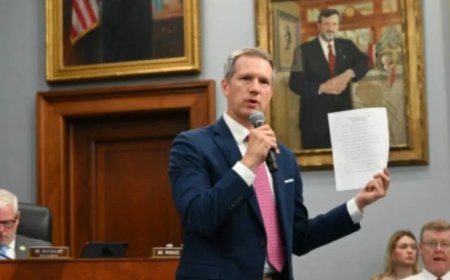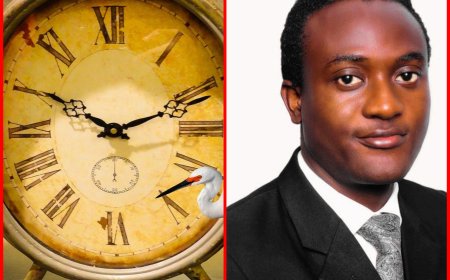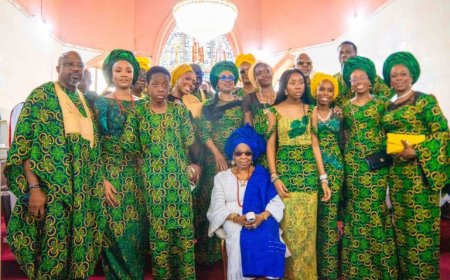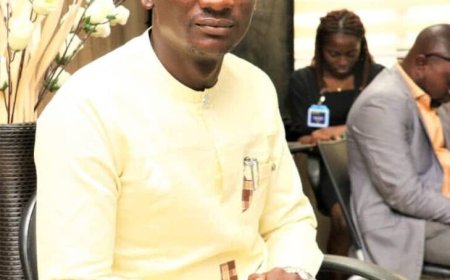Paradox of Life: Nigerians Rank High in Human Kindness Report Despite Drastic Decline in Happiness Ratings
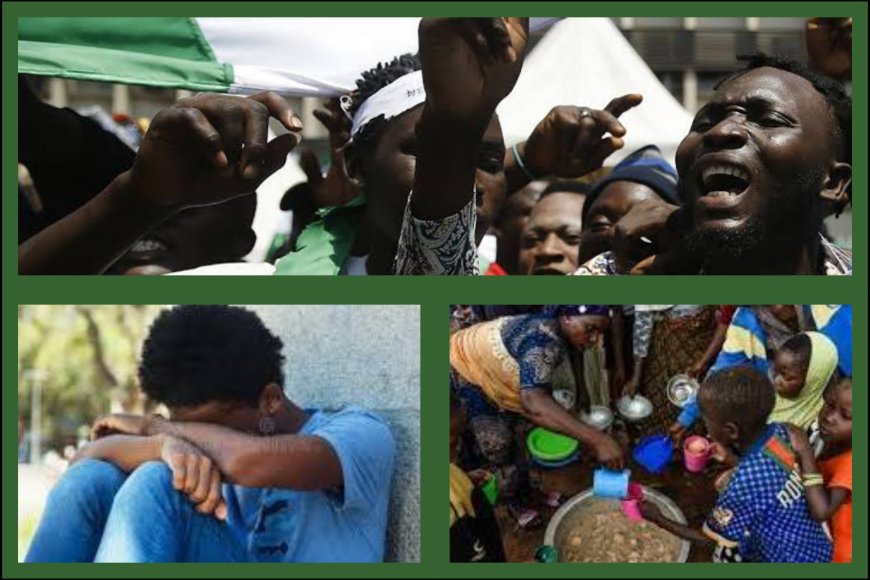
By: Olufemi Orunsola
When popular Nigerian singer Patoraking sang in his song titled "Heal the World", asking the rhetorical question "....How come the poorest people are the nicest?" one has every reason he captured the essence of the 2025 UN World Happiness Report which has now ranked Nigeria as the 7th country in the world for helping strangers, placing it ahead of many wealthier nations in spontaneous shows and flows of the milk of human kindness and personal generosity.
OPEN TELEVISION NAIJA (OTN) News reports that the report, produced by the University of Oxford’s Wellbeing Research Centre in partnership with Gallup and the UN Sustainable Development Solutions Network, covers 147 countries and evaluates well-being through self-reported happiness and prosocial behaviors like donating, volunteering, and offering help to strangers.
However, in a paradoxical twist of fate, the report exposes a worrisome reality as Nigeria ranks 105th out of 147 countries in overall happiness and well-being, indicating a dwindling descent into depths of dissatisfaction which can be attributed to biting hardships experienced under the country’s broken public systems.
The study brings up a familiar pattern of social reality which paints the picture of a compassionate, community-oriented people trapped in a cycle of finding their ways through a complex maze of life in a country where institutional trust is dangerously low and government structures constantly fail to deliver basic accountability, justice, and social support systems to citizens.
Findings from the report did not only capture Nigeria's social reality but also draw attention to a similar pattern of reality in sub-saharan African countries. For instance, Kenya, which ranked 4th, and Liberia, ranking 2nd as well as Sierra Leone, which ranked 5th all ranked high in helping strangers but fare poorly in overall happiness and institutional trust.Thus, calling attention to the harsh reality of how individuals use communal efforts to make up for obvious failure of governments and institutions.
The report cautions that while Nigerians are notable for their remarkable grassroots compassion and resilient, it is merely a coping mechanism and not a substitute for functional systems. Helping strangers, the study suggests, becomes a vital, direct way to do good when larger structures have collapsed.
According to one of the report’s editors, Jan-Emmanuel De Neve, the situation in Migeria could be summarised in these words,,“Societies that rank high for kindness but low for institutional trust may struggle to scale social support beyond immediate, individual interactions.”
In essence, although Nigerians are doing the best they can, the absence of strong, transparent institutions flaws such efforts, serving as a clog in the wheels of tangible societal transformation and the achievement of sustainable national development.
On the whole, the findings of the 2025 UN World Happiness Report paints a vivid picture that directly faults governance in Nigeria indicating that while a great chunk of citizens continue to show the world their generosity, empathy, and moral strength, amid biting hardships, there efforts are being betrayed by a political class that has failed to build credible institutions or deliver meaningful reforms.
It, therefore, does not call for a celebration or admiration of Nigerians for their kindness, but a call for urgent public action, public accountability, institutional reforms and a total reorientation of governance toward service rather than rulership.
The social narratives of Nigeria and other sub-saharan African countries can only change from one where a good people are frustrated by bad systems with pockets of heroic acts of kindness by individuals, directly weighed down by the absence of collective justice and functional systems, when governance discharge its essence to the citizenry consistently at all levels of governance.
On the converse side, government needs to check the growing trends of unhappiness among its citizenry given the fact that such unhappy citizens can be easily manipulated by disgruntled elements from within and outside the country to cause problems of insecurity for the country as it is country been experienced in the Northern parts ofvthe country where banditry and other violent crimes against innocent citizens and the Nigerian state hold sway.
What's Your Reaction?
















